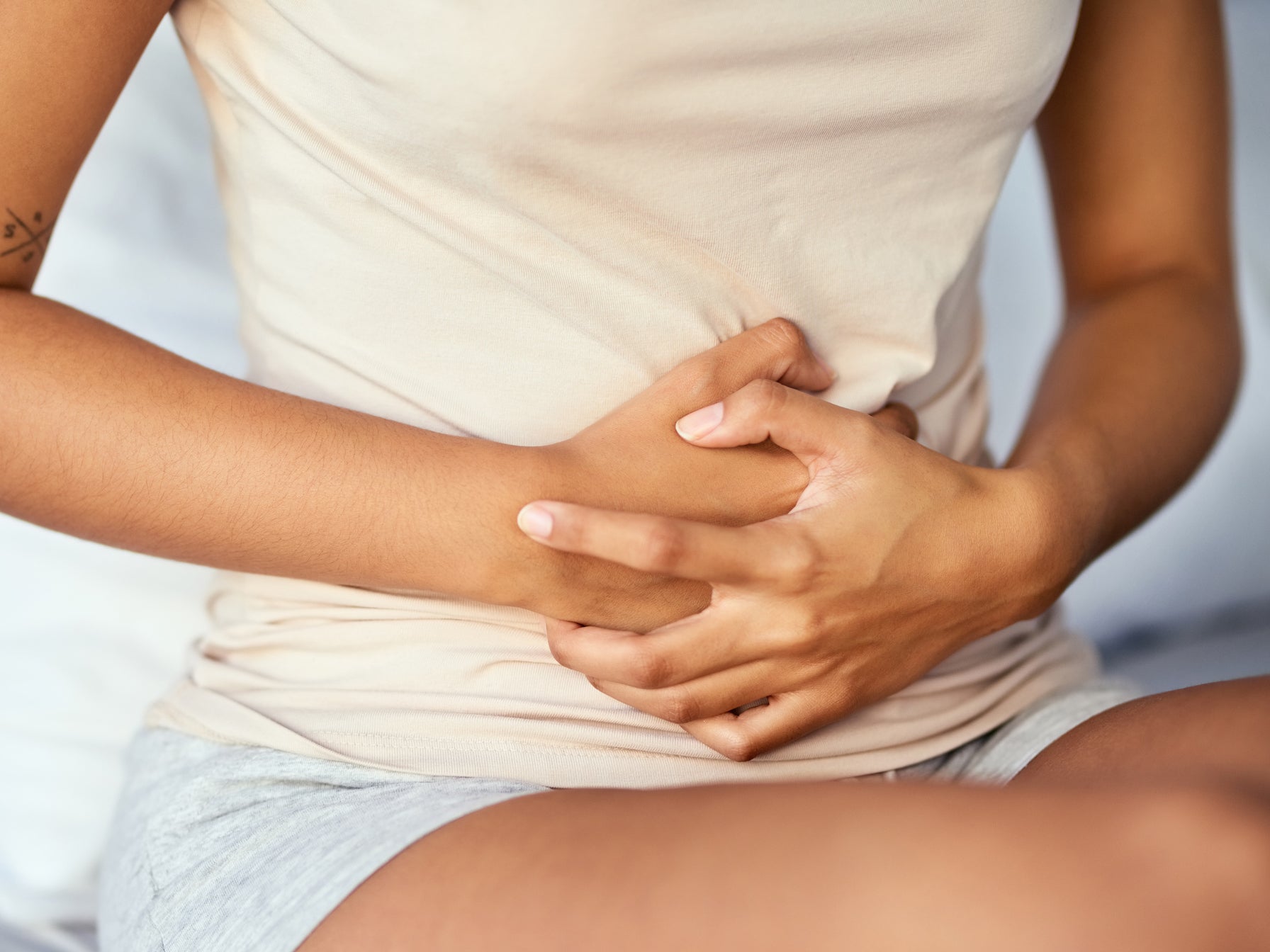Medical journal pulls study judging attractiveness of women who suffer from endometriosis
‘I fail to understand how a small group of Italian doctors rating attractiveness of women with different stages of endometriosis contributes anything to medical science,’ says gynaecologist

Your support helps us to tell the story
From reproductive rights to climate change to Big Tech, The Independent is on the ground when the story is developing. Whether it's investigating the financials of Elon Musk's pro-Trump PAC or producing our latest documentary, 'The A Word', which shines a light on the American women fighting for reproductive rights, we know how important it is to parse out the facts from the messaging.
At such a critical moment in US history, we need reporters on the ground. Your donation allows us to keep sending journalists to speak to both sides of the story.
The Independent is trusted by Americans across the entire political spectrum. And unlike many other quality news outlets, we choose not to lock Americans out of our reporting and analysis with paywalls. We believe quality journalism should be available to everyone, paid for by those who can afford it.
Your support makes all the difference.A study that judged the attractiveness of women who suffer from endometriosis has been pulled from a medical journal after sparking outrage.
The women who contributed to the peer-reviewed research, titled “Attractiveness of women with rectovaginal endometriosis: a case-control study”, never provided their consent to be rated by their appearance and were unaware this was going on.
Rectovaginal endometriosis affects roughly five to 12 per cent of women who have endometriosis – a common disorder that affects around 176 million women worldwide – and can put sufferers in severe pain with bowel movements.
One in 10 women of reproductive age in the UK has endometriosis, a condition when tissue similar to that which grows inside of the uterus grows outside of the uterus – attaching itself to other organs and causing a great deal of pain and leading to other issues such as infertility.
The controversial study, published in the journal Fertility and Sterility, concluded: “Women with rectovaginal endometriosis were judged to be more attractive than those in the two control groups. Moreover, they had a leaner silhouette, larger breasts, and an earlier coitarche”. Coitarche is the age at which someone first engages in sexual intercourse.
Lone Hummelshoj, chief executive of World Endometriosis Society, told The Independent: “The study was ill-conceived by an otherwise respected group of researchers, that have now recognised that their hypothesis and methods were unacceptable, not least because women apparently were not consented to partake in the study.
“This is perhaps a stark reminder that too much research in endometriosis is not undertaken with a view to how this benefits those with the disease, ie how it would translate into improved management of the disease — but rather to ‘get another publication under one’s belt’. Journals need to heed this as part of their peer-review process before accepting manuscripts for publications: who will this research study and consequent publication benefit?”
The study, which was funded by the University of Milan school of medicine, was first published in 2013 and has since been defended by both those who wrote it and the journal that published it, despite attracting fierce criticism from researchers and endometriosis sufferers.
Researchers asked the women about their sexual history, calculated their body mass index, as well as measuring their waist-to-hip ratio and breast-to-underbreast proportion.
Dr Jennifer Gunter, an American gynaecologist, hit out at the study when it was first published and said the Fertility Sterility journal should be “ashamed they accepted it for publication”.
“I fail to understand how a small group of Italian doctors rating attractiveness of women with different stages of endometriosis contributes anything to medical science,” she wrote.
Dr Gunter added: “Objectifying women has no place in medicine. It is even more horrifying that such a publication comes from a department on OB/GYN [obstetrics and gynaecology].”
The Guardian, which first reported on the retraction, says the journal has not released an apology for the study but instead published a letter from the authors on Tuesday asking for the article to be pulled.
“We conducted the study in good faith and according to correct methodology. We believe that our findings have been partly misinterpreted, but at the same time realise that the article may have caused distress to some people,” the authors said. “Women’s respect is a priority for us, and we are extremely sorry for the discontent the publication originated.”
Faye Farthing, of Endometriosis UK, told The Independent the need for carrying out reliable research into endometriosis “cannot be overstated”.
She added: “There’s been so little research in the past that we don’t know what causes endometriosis, and until we know the cause a cure cannot be developed. Diagnosis time for endometriosis is an alarming seven and a half years on average, and can have a huge detrimental impact on people’s health and wellbeing, and new research is critical to driving diagnosis time down.
“We call on the government to invest in research to find the cause of the disease, better treatment and management options, and one day a cure. Without investment in reliable research, those with endometriosis will continue to face huge barriers in accessing the right treatment at the right time”.
Join our commenting forum
Join thought-provoking conversations, follow other Independent readers and see their replies
Comments